In a year that people won’t soon forget, Health Evolution has been privileged to collaborate, communicate with, and learn from some of the brightest minds in health care.
COVID-19 upended the industry, beginning in February, and the coronavirus continues to wreak havoc on the health system as the year closes out. More than 300,000 people died to date in the pandemic, including many frontline health care providers.
Civil unrest also came to the forefront as many people fought against the inequities in various corners of society, including health care. The economy went into a severe recession, with many health care organizations feeling financial stresses they’ve never experienced. The contentious Presidential election promised to change the course of health care policy for the next four years.
All these topics were top of mind for the Health Evolution community throughout the year.
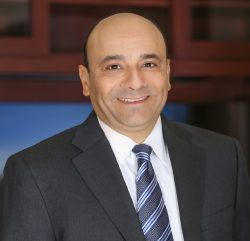 1. “I believe when you move toward giving opinions on things that don’t matter to your business, you begin to create a wedge with someone. Even if you think your opinion is 80 percent accepted, there is still the 20 percent that you’ve alienated.”
1. “I believe when you move toward giving opinions on things that don’t matter to your business, you begin to create a wedge with someone. Even if you think your opinion is 80 percent accepted, there is still the 20 percent that you’ve alienated.”
John Figueroa, Former CEO of Genoa Healthcare, Apria Healthcare Group and Omnicare
CEOs are divided on speaking out in polarizing times
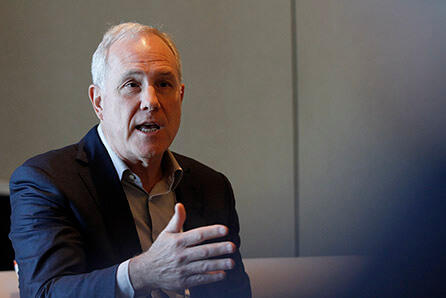 2. “I believe that a future investigation into early coronavirus testing will not show that federal agencies failed to follow rules, but rather that the rules themselves were obsolete and not adequate for today’s challenges. It is a systematic institutional failing that demonstrates the huge downside of having the government too much in control of health care.”
2. “I believe that a future investigation into early coronavirus testing will not show that federal agencies failed to follow rules, but rather that the rules themselves were obsolete and not adequate for today’s challenges. It is a systematic institutional failing that demonstrates the huge downside of having the government too much in control of health care.”
David Brailer, MD, Chairman of Health Evolution
COVID-19 response reveals why public-private partnership is vital to health care
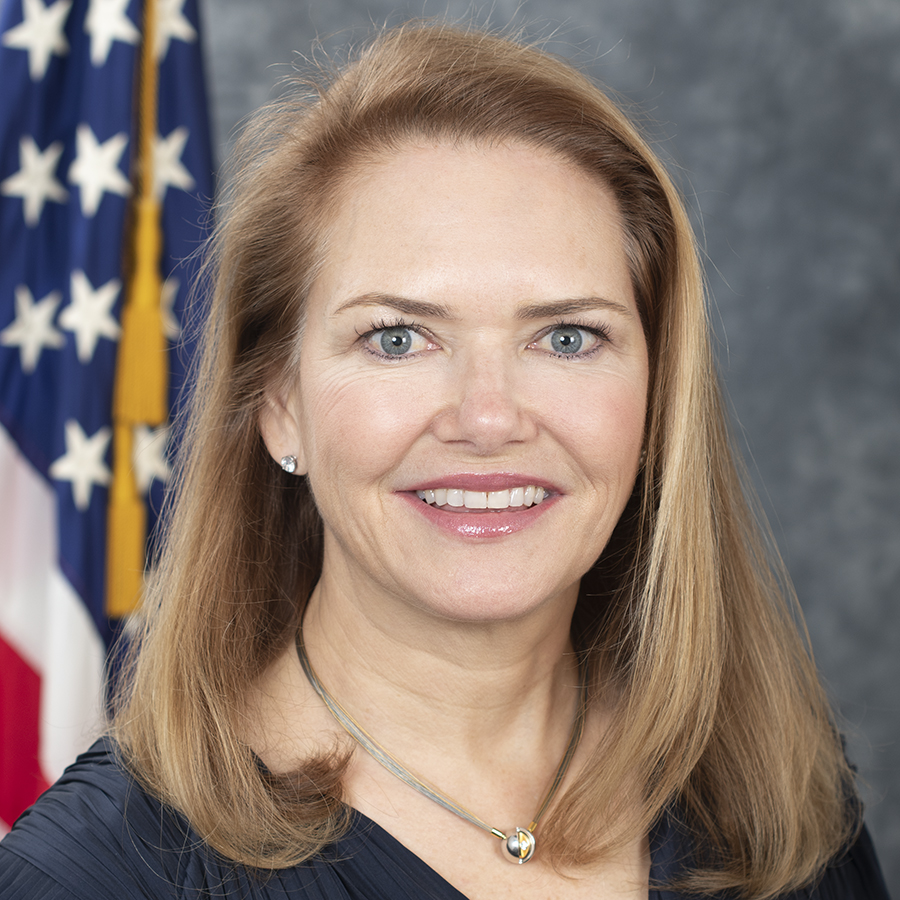 3. “I’m usually the optimist in the room, but we’re seeing more risk of cyberattacks. We’re seeing issues of fraudulent medical products and health care services. We must be able to watch our flanks and recognize that at a time when we’re all focused on a common enemy, other enemies can creep up from the side. We have to make sure that we’re paying attention to that as well.”
3. “I’m usually the optimist in the room, but we’re seeing more risk of cyberattacks. We’re seeing issues of fraudulent medical products and health care services. We must be able to watch our flanks and recognize that at a time when we’re all focused on a common enemy, other enemies can creep up from the side. We have to make sure that we’re paying attention to that as well.”
Amy Abernethy, MD, Principal Deputy Commissioner, FDA
Health care leaders share biggest fears, hopes amid COVID-19
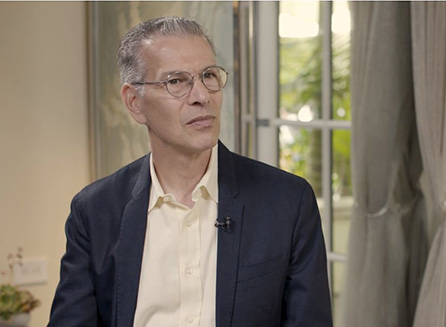 4. “The only victor in war is medicine. We’re in a war right now. It happens to be with a virus, but the victor in this could be medicine because we are able to do things, such as having doctors be licensed across state lines, that we’ve spent years trying to do. This disaster allowed us to get that taken care of. We keep thinking about what’s the future and what are the tools we can build to help these incredible providers take care of people in a better way.”
4. “The only victor in war is medicine. We’re in a war right now. It happens to be with a virus, but the victor in this could be medicine because we are able to do things, such as having doctors be licensed across state lines, that we’ve spent years trying to do. This disaster allowed us to get that taken care of. We keep thinking about what’s the future and what are the tools we can build to help these incredible providers take care of people in a better way.”
David Feinberg, MD, Google Health VP
How CVS, Teladoc and Google Health view consumerism during COVID-19
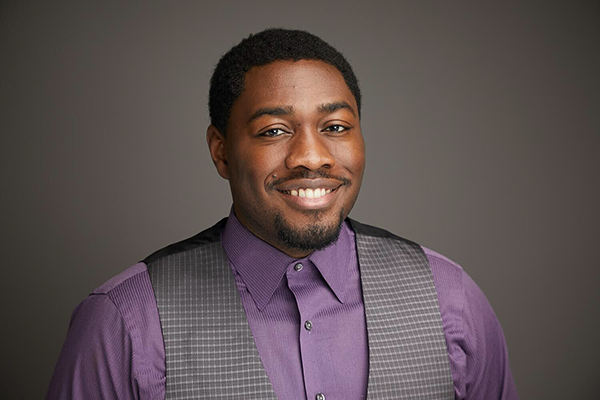 5. “For Black health workers, the desolation is exponential. Our lives are dedicated to a world we are the least likely to have access to, the least likely to heal in and the least likely to thrive by most indisputable metrics. In America, Black women are 3.3 times more likely than whites to die from pregnancy complications. Despite much uncertainty with SARS-COV-2, Black people are 2.4 times more likely than whites to die from COVID-19.”
5. “For Black health workers, the desolation is exponential. Our lives are dedicated to a world we are the least likely to have access to, the least likely to heal in and the least likely to thrive by most indisputable metrics. In America, Black women are 3.3 times more likely than whites to die from pregnancy complications. Despite much uncertainty with SARS-COV-2, Black people are 2.4 times more likely than whites to die from COVID-19.”
Tosan Boyo, Senior Vice President, Hospital Operations, John Muir Health
The multiple worlds of Black health workers
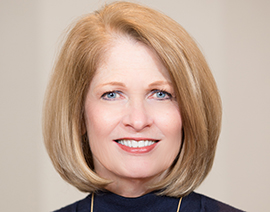
6. “They have seen things. They have been the only source of support for a lot of people who have drawn their last breath. This will impact health care workers for a long time.”
Marna Borgstrom, CEO of Yale New Haven Health
Supporting COVID-19’s mental health crisis for frontline providers
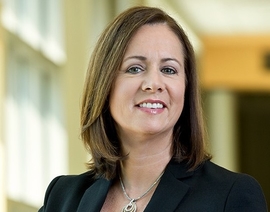 7. “My 20-something daughters don’t remember a time when women couldn’t open a bank account or earn equal pay and full benefits. Even so, they know RBG, revere her, appreciate her and are inspired by her example. Because of her, they know that women should not only have a seat at the table when decisions are made, but belong at the head of the table.”
7. “My 20-something daughters don’t remember a time when women couldn’t open a bank account or earn equal pay and full benefits. Even so, they know RBG, revere her, appreciate her and are inspired by her example. Because of her, they know that women should not only have a seat at the table when decisions are made, but belong at the head of the table.”
Janice Nevin, MD, President and CEO, ChristianaCare
Women CEOs: Ruth Bader Ginsburg inspires us to advance equity
 8. “A dirty little secret in a town like Washington that we all know very well is that in order to get anything done, you work across the aisle. With COVID we’ve seen that you can’t improve, you can’t re-open the economy, you can’t have confidence in America’s education system, you can’t have even the achievement of the American Dream without having that security in health care.”
8. “A dirty little secret in a town like Washington that we all know very well is that in order to get anything done, you work across the aisle. With COVID we’ve seen that you can’t improve, you can’t re-open the economy, you can’t have confidence in America’s education system, you can’t have even the achievement of the American Dream without having that security in health care.”
Kavita Patel, MD, Nonresident Fellow, The Brookings Institution and a Venture Partner at New Enterprise Associates
Tom Daschle, Kavita Patel and Ezekiel Emanuel discuss what Biden’s health policy might look like
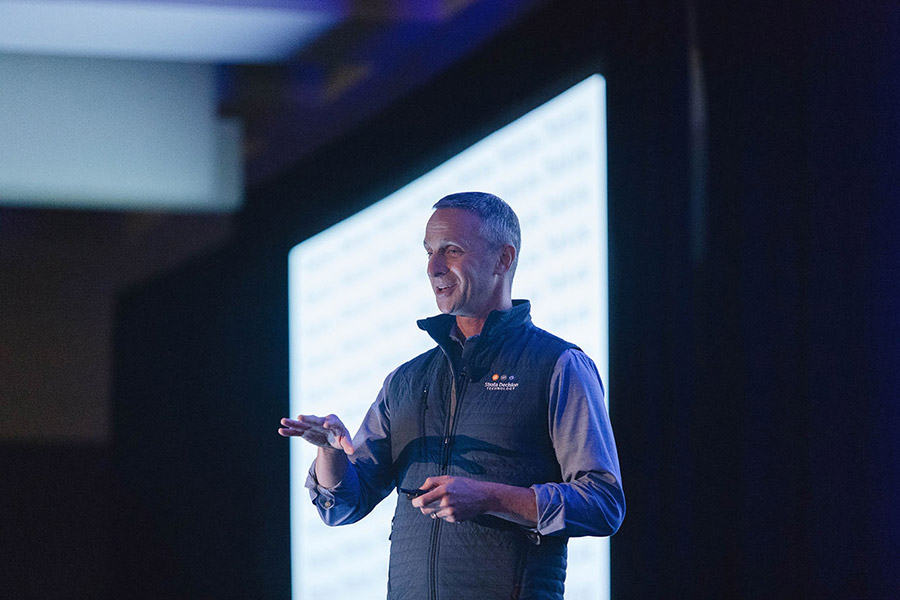 9. “Our health systems are not too big to fail. The belief that providers are ‘rolling in cash’ due to high prices and market power just isn’t so. Margins across the StrataSphere network, even for the upper 25 percent of health systems, went to near zero and the median and bottom 25 percent saw negative margins.”
9. “Our health systems are not too big to fail. The belief that providers are ‘rolling in cash’ due to high prices and market power just isn’t so. Margins across the StrataSphere network, even for the upper 25 percent of health systems, went to near zero and the median and bottom 25 percent saw negative margins.”
Dan Michelson, CEO of Strata Decision Technology
‘Our health systems are not too big to fail,’ CEO warns
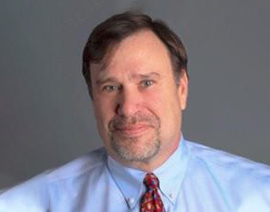 10 . “CEOs and everyone should view this as a triumph of science. This vaccine has the potential to contribute to the end of the pandemic and a reopening of our economies and a return to a normal life. Business leaders should also carefully consider the learnings from COVID-19 that they may want to consider as a durable new normal of running their business including virtual workplaces, telecommuting, digital business practices and others.”
10 . “CEOs and everyone should view this as a triumph of science. This vaccine has the potential to contribute to the end of the pandemic and a reopening of our economies and a return to a normal life. Business leaders should also carefully consider the learnings from COVID-19 that they may want to consider as a durable new normal of running their business including virtual workplaces, telecommuting, digital business practices and others.”
Peter Honig, MD, SVP & Head of Global Regulatory Affairs and Group Head of Development China and Development Japan at Pfizer
Pfizer’s COVID-19 vaccine: How will it be distributed and who will receive it first?









